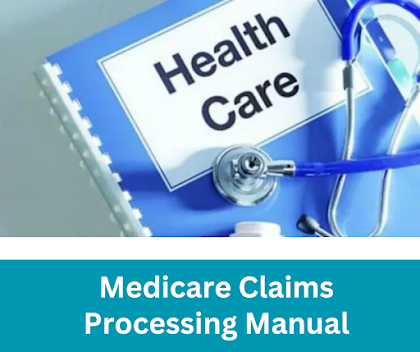How Does the Medicare Reimbursement Rates Work In the Healthcare Field?
Most of the time, you would not have to worry about Medicare reimbursement rates if you had original Medicare. When choosing a provider who Medicare covers, people with coverage through Medicare do not have to pay anything upfront for their healthcare. Instead, Medicare typically provides direct payments to the healthcare provider for treatment.
A protected individual should meet personal costs before government medical care pays for clinical benefits. An individual can skip regularly presenting a case to government medical care to repay their medical service costs. This article will discuss the various Medicare components' payment and reimbursement procedures.
In some Medicare Advantage plans, patients must select an in-network provider.
If an individual picks a supplier, they might need to document a case and educate Government health care concerning the expenses.
A person would be responsible for any applicable out-of-pocket costs and the portion not covered by Medicare.
The Process Of Submitting A Claim Anyone Who Must Pay For Healthcare Out Of Pocket And Submit A Claim For Reimbursement Should Going Through The Following Steps:
The singular will pay the full expense of the administration to the medical care supplier straightforwardly.
On behalf of the patient, the provider has one year to send a bill to a Medicare administrative contractor.
An individual must complete the Patient Request if the provider fails to file within the allotted time. Additionally, they are required to submit itemized bills and a letter outlining their personal claim submission reasons.
Individuals can also check the status of any claims.
Government medical insurance Part B will repay 80% of the Government medical care endorsed sum for the medical care benefits the individual got.
A person generally does not need to submit a claim for medical expenses, as with traditional Medicare. Each month, the Medicare claims processing manual will reimburse the insurance company for administering an individual's benefits. Except in medical emergencies, individuals may be required to pay the full cost if they select a service provider outside the network.

.png)

Comments
Post a Comment